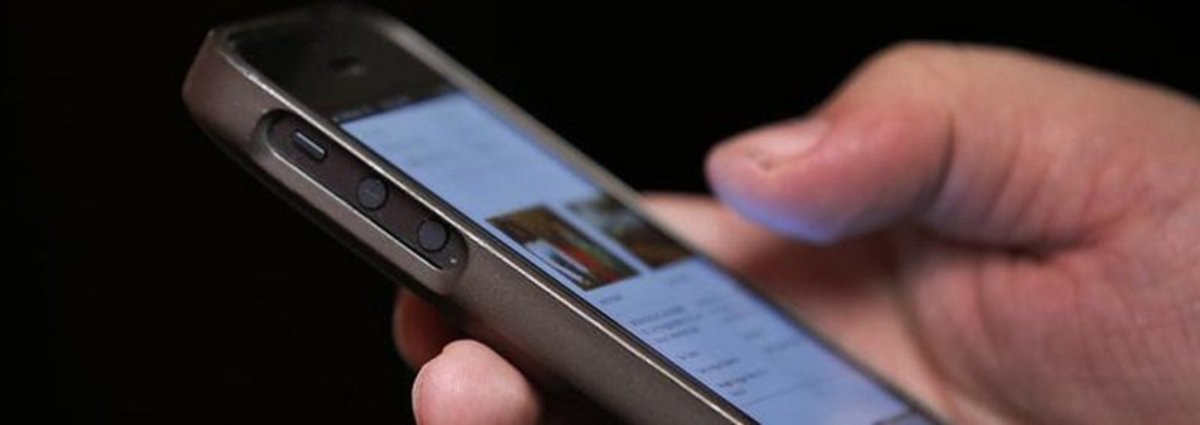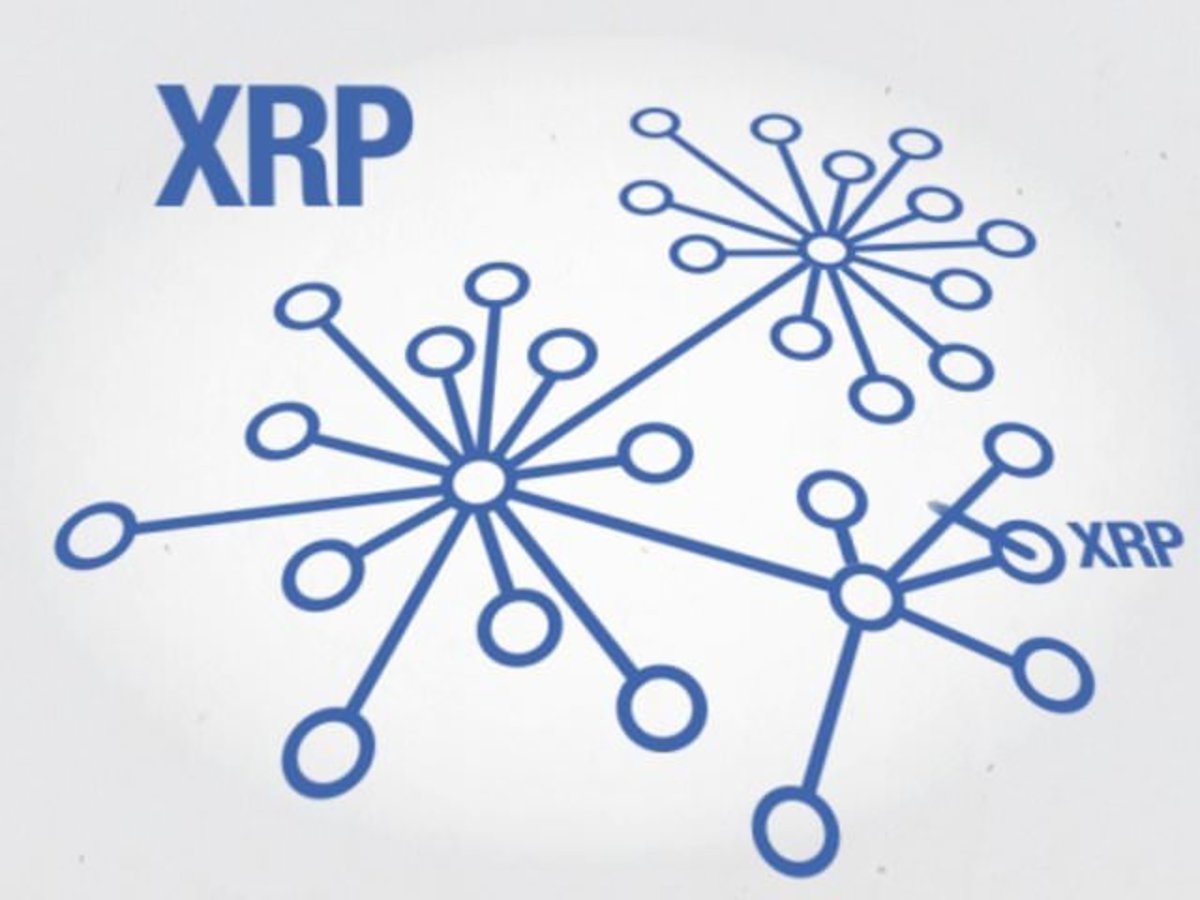
Apple released a device update weeks ago that made large improvements on existing iBeacon technology. The update allows devices to search for existing beacons without the application being open on the device, while also enabling nearly all iOS7 devices to send and receive beacon signals. This means that retailers can send messages to customers, accept touchless payment and gain valuable customer information, all without dedicated hardware. There is little question that Apple has plans to dominate mobile commerce, but did they make a mistake by outlawing digital payment systems like Bitcoin?
iBeacon technology began simply as a device offering a low powered system for sending push messages to devices within a determined proximity. The technology uses Bluetooth Low Energy 4.0 (BLE), and has the ability to not only send and receive geo-fenced notifications, but also opens the door for touchless payments. This means that businesses with iBeacons can attain valuable customer information while pushing the latest deals, product information and more to the customer’s device.
Furthermore, what Apple is most likely doing is positioning iBeacon to become a fast and easy way to make contactless payments directly from a mobile device. Apple’s most recent device update brings users one step closer to this being a reality. In the future, a user will be able to pay for items at their favorite store by simply using the iPhone’s existing biometrics technology, TouchID. But just how could Bitcoin fit into this platform?
Bitcoin is a digital currency and peer-to-peer payment system that is completely decentralized from any central banking institution. Bitcoin is controversial. It is a form of payment for thousands of e-commerce retailers, brick and mortar stores, and peer-to-peer transactions. Although Bitcoin is digital, its tangibility lies in your Bitcoin wallet, which is supported by an algorithm that secures the Bitcoin network. The payment network is fast, easy, secure and allows people to make instant payments to anyone in the world.
The growing number of Card Not Present merchants throughout the world has made alternative payment solutions increasingly important. Due to this, more businesses are choosing to accept Bitcoin because it equips merchants to reduce costs that come from chargebacks and processing fees. As a merchant, other benefits of Bitcoin are the ability to accept payment globally and the possibility of microtransactions.
What could it mean?
Both iBeacon and Bitcoin technology have huge implications in the future of mobile payments. However, with Apple’s recent ousting of popular Bitcoin wallet “Blockchain” from the AppStore, many are wondering if Bitcoin has a future in Apple devices. The reasons behind the removal of Blockchain are still unknown, but my guess is that Apple is doing what many businesses are doing: seeing how the acceptance of Bitcoin plays out, in terms of consumer and business adoption, legislation and politics.
For brick-and-mortar retailers, iBeacon technology has the ability to create an entirely new customer experience. Initially, there were two barriers to entry for retailers looking to use iBeacon. First, merchants had to convince customers to download their dedicated application, and secondly, they needed to prompt people to open the app once they walked in the store.
However, the new update allows retailers to bypass these steps and send messages to users even if the application isn’t opened on their device, as long as location settings and Bluetooth are enabled. This pivotal update opens the door for a different type of mobile commerce. For example, an iBeacon could trigger a prompt for payment when a customer reached a certain location inside the store. Furthermore, those customers could then be prompted to review their experience, product and service.
This technology when paired with a currency like Bitcoin could provide retailers with even less barrier to entry. Small brick-and-mortar retailers could save on costly POS systems and not be burdened by fees associated with accepting credit card payments. This is because of the decentralized nature of Bitcoin and the security of the network, which is more powerful than 20 of the world’s largest supercomputers combined. By being based on cryptographic proof, Bitcoin gives users complete control of their funds without having to trust an outside third-party. For retailers, this means saving thousands, if not millions, on transaction fees and chargebacks. For customers, this means a quicker and more secure checkout process.
By combining these two technological innovations, both businesses and consumers could benefit from streamlined touchless payments, increased payment security and a revolutionary customer experience. Imagine walking into a storefront, receiving a personalized message, choosing your items and making payment. All without having to wait in line or share sensitive personal and credit card information.
Combining iBeacon and Bitcoin could be the future of touchless payments, and change the customer experience as we know it, but it may take some time and convincing.










